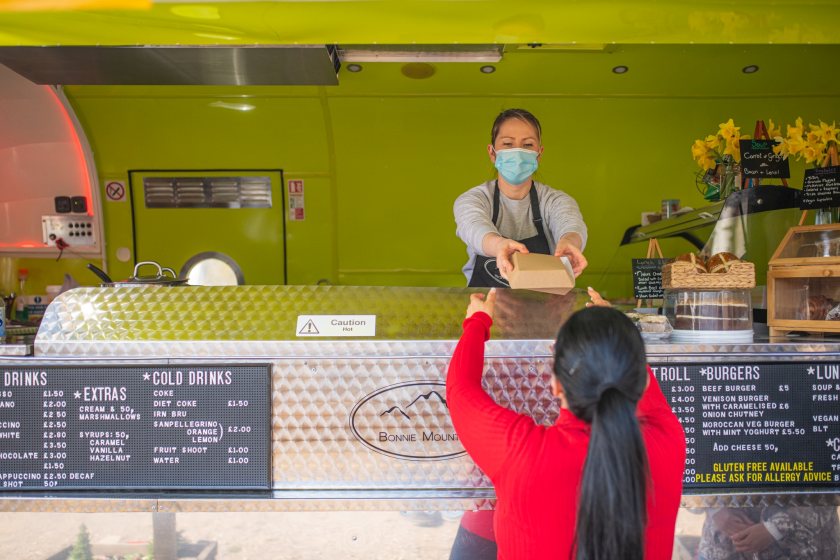
Scotland’s burgeoning agritourism sector is benefiting from a growing trend for buying locally sourced food and drink, new research has revealed.
The Scottish Agritourism Growth Tracker 2022 found that money generated by farm retail increased by almost £50m during the first year of the pandemic, rising from £62m to over £110m.
The findings highlight the significant value and opportunity for Scotland’s farms, rural areas and visitor economy of including a food and drink experience as part of Scotland’s agritourism offering.
Over a third of agritourism businesses are offering food and drink consumption on site., which can include farm produce enjoyed as part of a holiday on a farm, in a farm café or after a farm tour.
More than half of respondents said they sell their produce online (55%), in an on-farm shop (36%) or via an on-farm honesty box (29%).
It is believed the boom in farm retail sales is a result of growing awareness of the economical, ethical and environmental benefits of buying directly from local farmers.
Agritourism in Scotland is defined as tourism or leisure on a farm or croft that produces food or offers holiday experiences.
In recent years, particularly during the pandemic, agritourism has become a growing travel trend with visitors seeking out authentic rural experiences that connect them to the countryside and Scotland’s natural larder.
The 2022 tracker was undertaken to monitor the progress and potential of the sector. It found agritourism is currently worth around £60m to the Scottish economy.
Unlike other sectors, agritourism continued to perform well during the pandemic, demonstrating its strong appeal to local and domestic markets.
As well as food and drink, potential growth areas include farm experiences and tours, accommodation, and event space.
The second survey confirmed many of the findings from the first around the unparalleled and wide-ranging benefits of agritourism to Scotland.
It again found that as well as the opportunity for strong economic growth, the industry played an important role in sustaining and creating rural jobs, supporting vital family employment, and providing equal and inclusive roles for men and woman across various ages and skill levels.
The study aims to sustainably develop the rural economy, protect family farms for future generations, build consumer awareness and loyalty towards local produce and celebrate the history and heritage of these important Scottish communities.
Growing the sales of produce onsite and providing a more comprehensive food experience for visitors is a major ambition of the strategy.
Scottish government's Rural Affairs Secretary Mairi Gougeon said she was 'delighted' to see the growing popularity of agritourism.
“It allows consumers to engage directly with producers and learn first-hand how their food is made, while making an important contribution to our rural economies.
“In addition to high quality food and drink, agritourism provides fantastic on-farm experiences and exceptional accommodation offerings that provide attractive alternatives for visitors, as well as diversification opportunities for providers.
“I would like to commend everyone involved in making the sector an increasingly important success story.”
